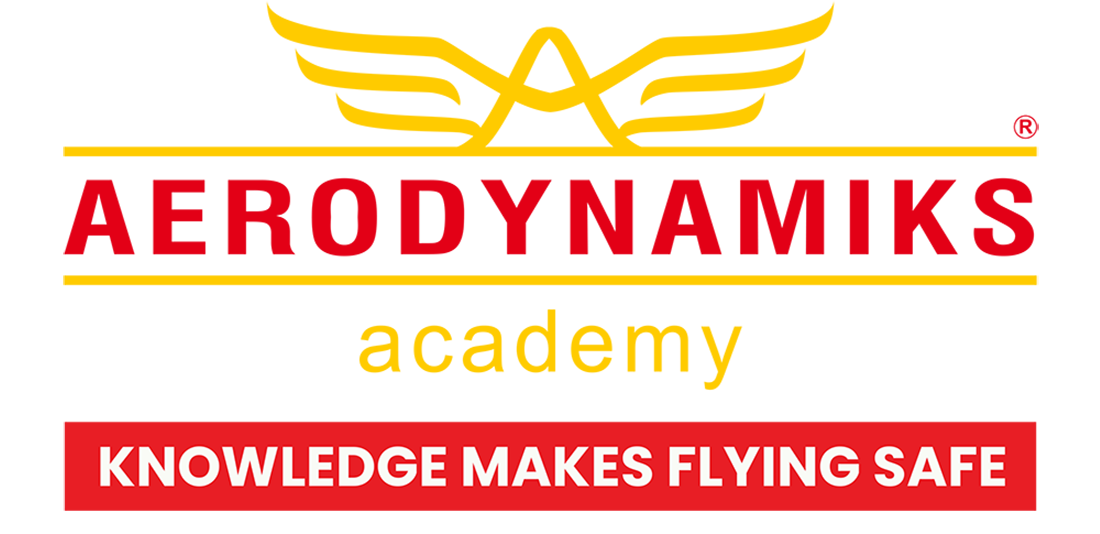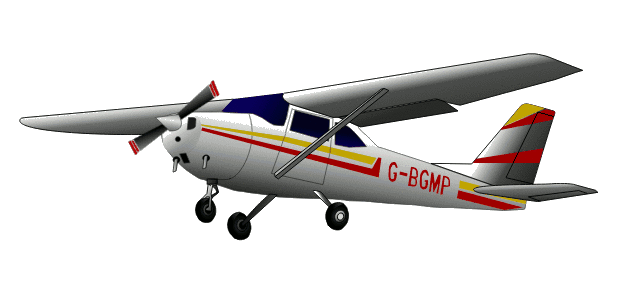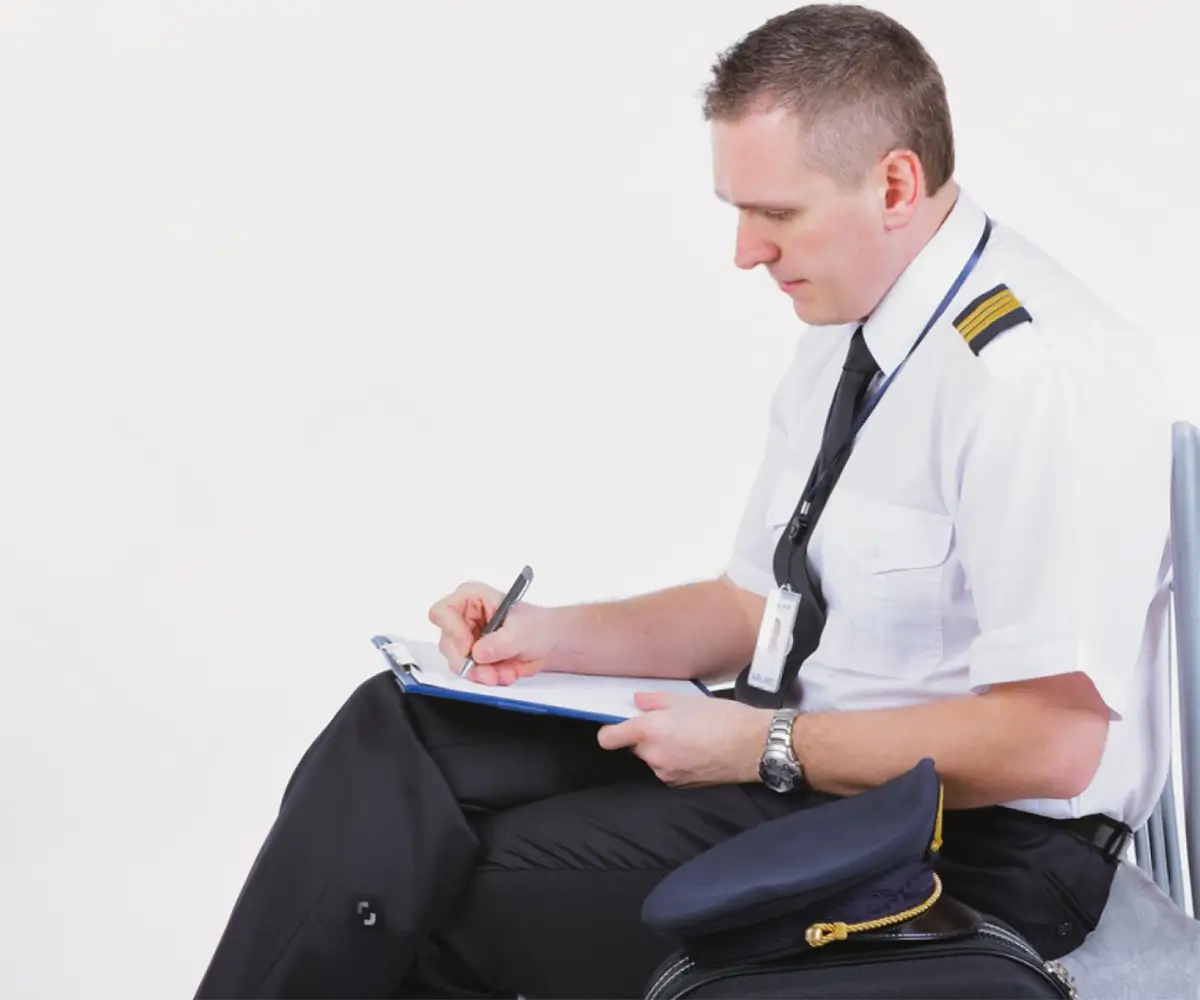Balancing ATPL preparation with a demanding schedule requires strategic time management. Dedicate 2-3 focused hours daily, either in the early morning or late evening, and create a structured study plan aligned with your flight roster. Use digital learning platforms for flexibility and maximize layovers or standby times for focused reading and revision.
Adopt smart study techniques like breaking subjects into micro-learning modules and using digital flashcards for quick revisions during transit. Apply spaced repetition to reinforce key concepts and take online mock tests during free slots. Record study notes for audio revision during commutes to make the most of your time.
Optimize resources by investing in concise study materials and choosing adaptive online learning platforms. Prioritize high-yield topics, and engage with online study groups for peer motivation and support.
Lastly, ensure your mental and physical well-being. Maintain a consistent sleep schedule, practice time-blocking, and use weekends for intensive study sessions. Develop effective stress management techniques, and focus on proper nutrition and regular exercise to stay sharp and focused.









